Now that I’ve moved into the silly old duffer age bracket, a lot of invitations to film festivals, as a jury member, turn up on email. I couldn’t resist the offer, for me and my wife, of a trip to Iran for the 32nd Fajr (meaning ‘dawn’) International Film Festival in Tehran. At Tehran airport I had to hand over our passports and visa approval letter. This was followed by a three-hour wait for the appropriate stamp. When I mentioned this a few days later to an Iranian film-maker he replied that he had been invited to a film festival in Australia. The Australian embassy in Tehran took his application form and said ‘Come back in three months.’ This was too late. The officials were inflexible. He missed the festival.
The opening night ceremony was a strange but lavish affair staged in the huge opera house built by Shah Pahlavi, deposed in 1979. The new regime under Ayatollah Khomeini disapproved of opera, along with most ‘western’ influences including clothes, though at its worst was never as narrow as Islamic extremists in neighbouring countries, which ban virtually everything except study of the Koran. Heavy duty killjoys. A number of people commented to me that a recent production of The Sound of Music (sung in Farsi) was extremely popular and could be a sign that rules regarding western music are being relaxed.
Prior to some excessively tedious speeches by government ministers — in comparison to which even Australian politicians could be classified as pithy and witty — a large group of young women came onto the stage, allegedly to dance. Knowing that dancing is frowned upon at an official level, I was surprised, though aware that the head-to-toe clothing would limit anything acrobatic. To the accompaniment of loud music in film-score style, the women did nothing but walk to the front of the stage, stop, then turn around and leave.
The government representatives at least expressed enthusiasm for the Iranian film industry, a sign of the attitude of the more liberal leader, Hassan Rouhani, elected in 2013. (We were supplied with a translation through earphones). A recurrent theme was an abhorrence of sex and violence in Iranian films. I’m certain it will be some time before sex scenes as vivid as those in Blue Is the Warmest Colour or Wolf of Wall Street are standard in Iran, but the officials at the opening could not have seen Che — one of the Iranian films in competition; a gory if incomprehensible tale of an incident in the 1979 revolution.
The jury of seven were an amiable group. An Iranian woman producer, Fereshteh Taerpour; a noisy but amiable French critic, Berenice Reynaud; a Japanese director, Shinji Aoyama; a Swedish film editor, Sylvia Ingemarsdotter; an Indian director, Mani Ratnam and an Iranian cameraman, Mahmoud Kalari. Names, I know, that mean nothing outside the film world, as it’s only a bunch of celebrated actors who have their daily lives reported in detail. Mani Ratnam and Shinji Aoyama have won may festival prizes with their numerous films and Mahmoud Kalari is the cameraman of the Iranian director Asghar Farhadi’s Academy Award-winning A Separation, as well as his outstanding new film, The Past. Sylvia Ingermarsdotter is the distinguished editor of a number of Ingmar Bergman films, including his masterpiece Fanny and Alexander.
A lengthy trip through snow-blocked streets (winter is not the best time for a film festival in Tehran) took us to a palace that once belonged to some deposed aristocrat and has now been transformed into a stylish film museum. Film equipment and thousands of photographs (all of Iranian films and film-makers) are on display from the silent days to the present. I noticed that the films made under the regime of the Shah (1941-1979) were given very little space. Popular stars of the period — in which the women did not wear the now compulsory headscarf — are being removed from history.
The most illustrious guest at the festival was the Italian cameraman, Vittorio Storaro. Also known only throughout the film industry he is the most celebrated movie cameraman of all time. He has won more awards than Cate Blanchett, including three Academy Awards – for The Last Emperor, Reds and Apocalypse Now. For the past year he has been in Iran shooting a $150 million government-financed film about Mohammed — currently being edited for release. The sets, he told me, included the city of Mecca, built almost complete. Obviously fond of Iran and the Iranians (impossible to complain about their hospitality) his only criticism was that the food — kebabs and rice — was monotonous and ubiquitous. Iranians I spoke to about this comment insisted it was nonsense and that there are numerous regional specialties. ‘Storaro’, they pointed out, ‘is Italian and likes only that cuisine.’ But it was impossible for the Iranians to deny Storaro’s gripe about the ban on alcohol. The best the hotels or restaurants can provide is an alcohol-free beer that tastes medicinal. A number of Iranians told me that wine and spirits are available ‘at home’. A phone call even in the middle of the night, I was assured, would result in the instant delivery of bootleg booze.
The jury decisions were made with little dissension. The main prize went to a Dutch film, The New World. The runners-up being Serbia’s Circles and Iran’s We Have Guests. A shame if all three aren’t shown in Australia.
The TV in our hotel had three English-language news channels, including the BBC. One of the channels consisted almost exclusively of anti- American propaganda — largely aimed at the American support for the rebel groups fighting Assad in Syria. Anti-Americanism, or anti-westernism in general wasn’t expressed by any Iranians I met, many of whom were educated in UK or USA or hoped to go there to study. On my iPad the BBC site was, oddly, blocked, along with Facebook, the latter being a welcome loss.
Got something to add? Join the discussion and comment below.
Get 10 issues for just $10
Subscribe to The Spectator Australia today for the next 10 magazine issues, plus full online access, for just $10.
You might disagree with half of it, but you’ll enjoy reading all of it. Try your first month for free, then just $2 a week for the remainder of your first year.


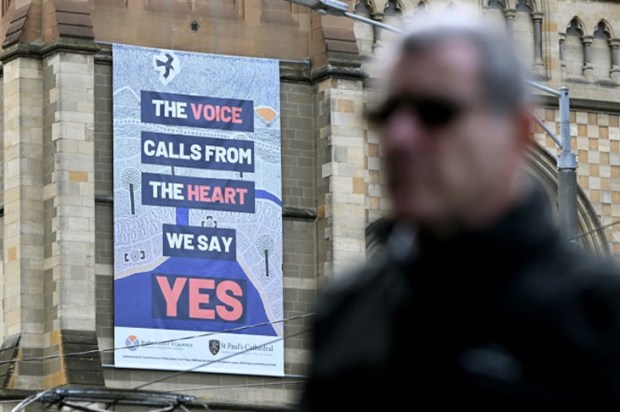
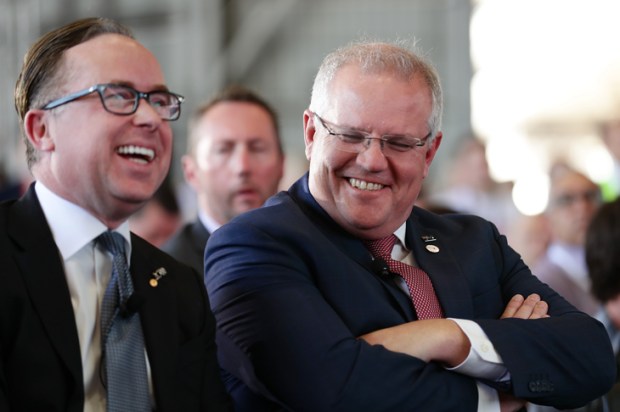
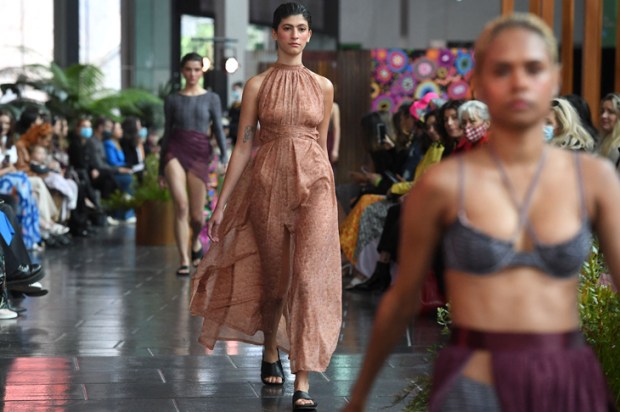
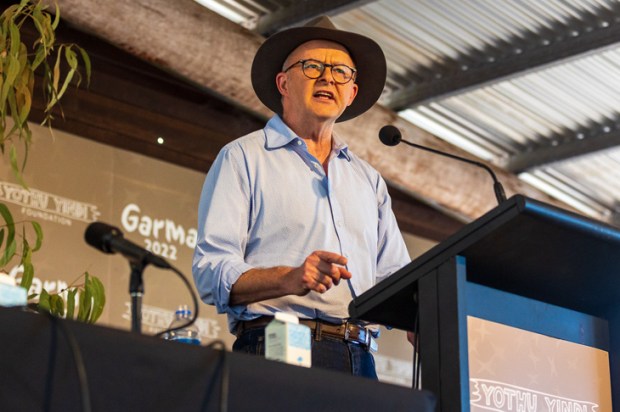
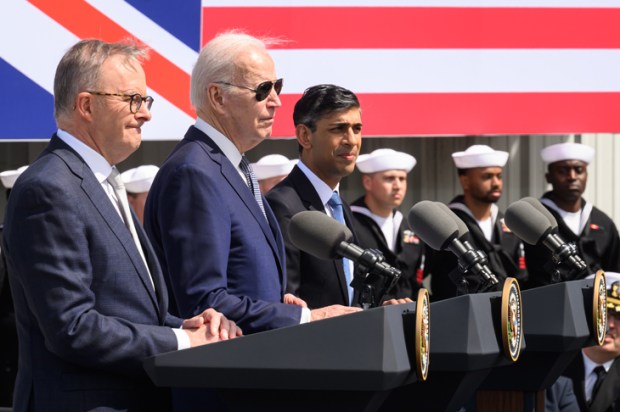






Comments
Don't miss out
Join the conversation with other Spectator Australia readers. Subscribe to leave a comment.
SUBSCRIBEAlready a subscriber? Log in